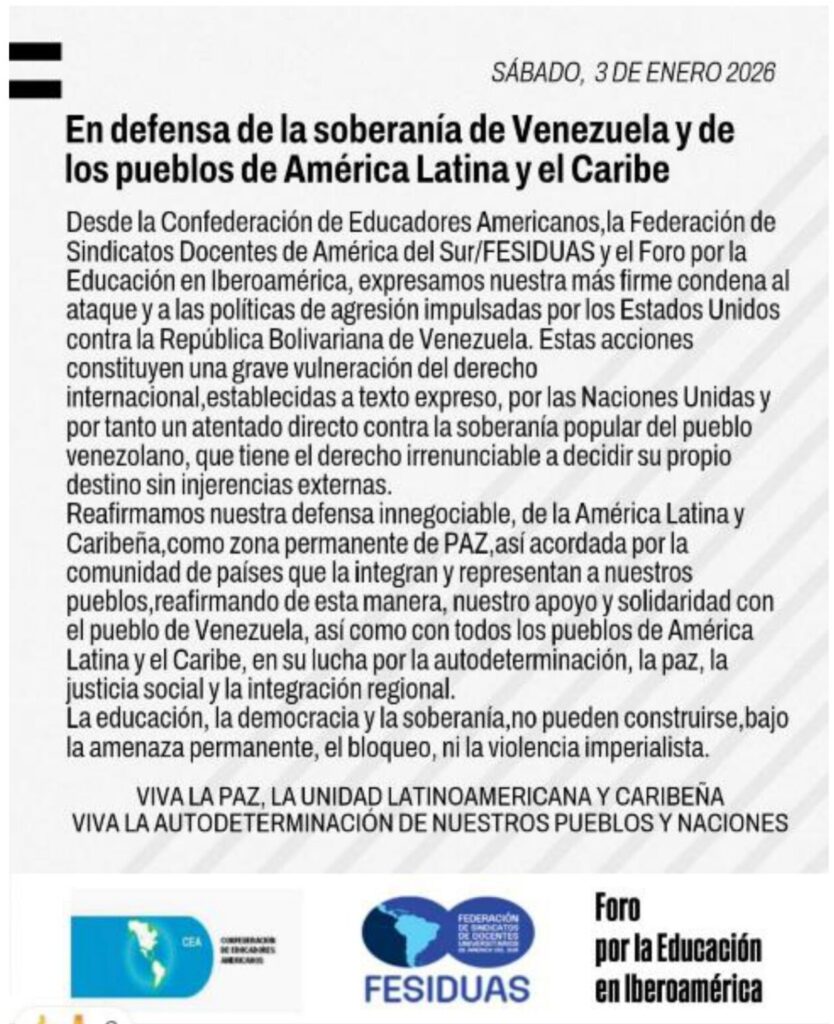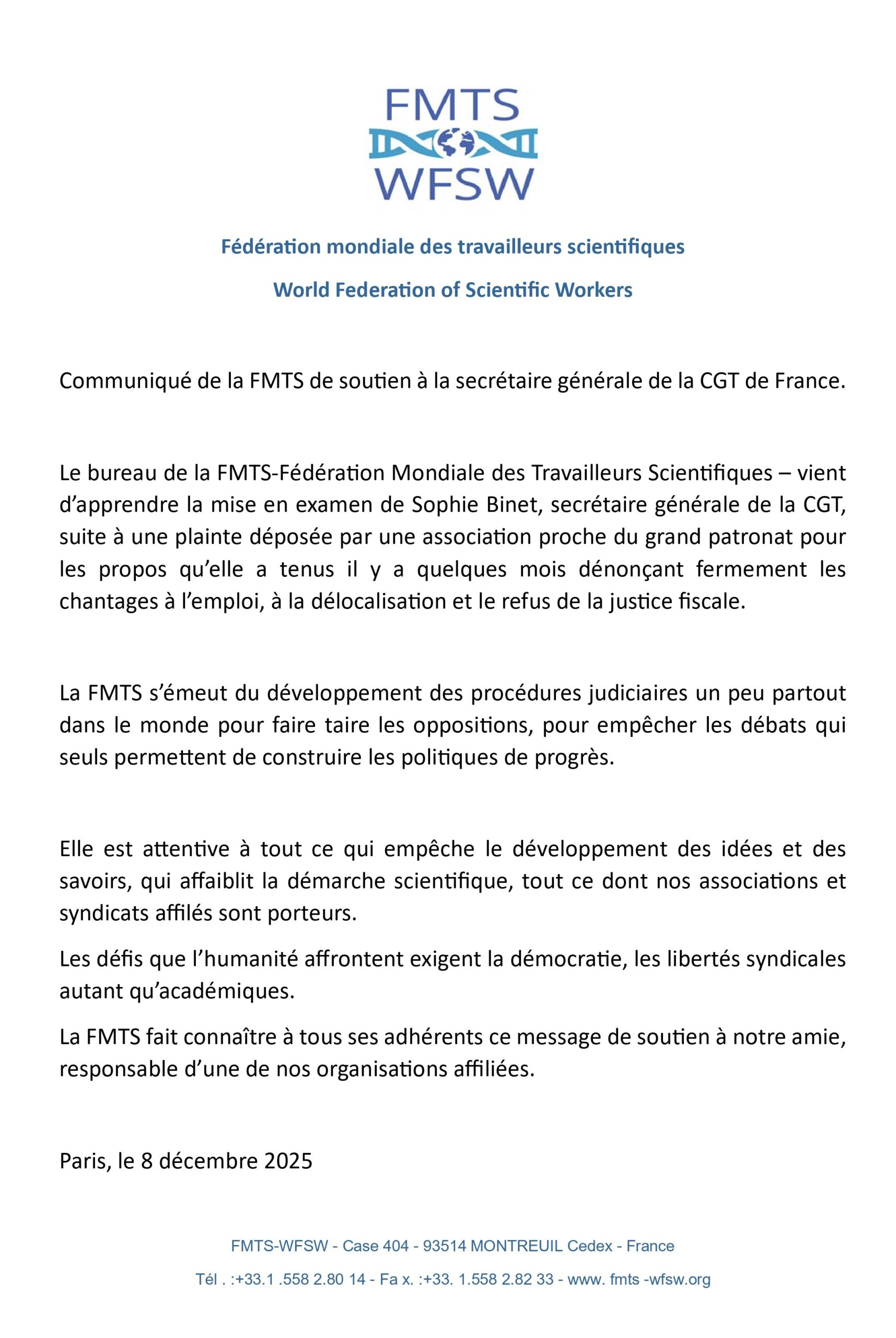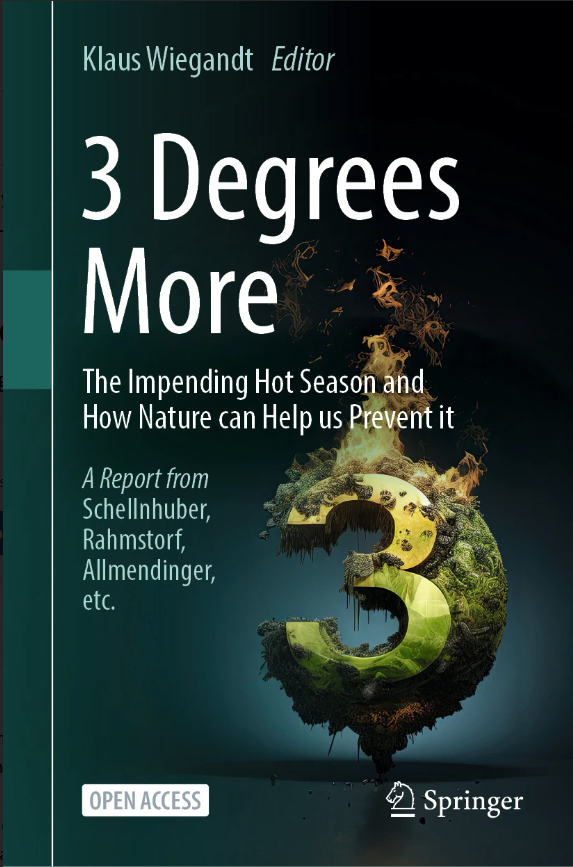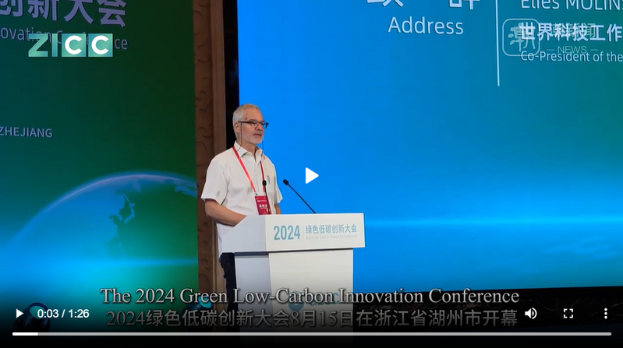The need for a world federation
By PROFESSOR J. D. BERNAL, F.R.S. in the first publication of WFSW
The need for a World Federation of existing national organisations of scientific workers, and for its extension to countries where such organisations do not yet exist, has been increasingly felt because in the work of the separate organisations more and more tasks were encountered which could be carried out by, and only by, such a World Federation. The nature of these tasks can be seen to arise from the imperfect and confused state of, contemporary science and of its application to human welfare. Science is very unevenly developed throughout the world today. In many ways the present distribution of scientific effort is almost inversely proportional to the needs of the different peoples of the world for the benefits of science. The highest concentration of science today is to be found in the industrial states of Europe and North-East America. It is there that the material standard of living and the level of democratic culture is also the highest. The people of the rest of the world, and particularly those of the old civilisations of India and China, have a far lower standard of nutrition and health and education, and are only beginning to achieve effective self-government. Their needs are far the greatest, and can be met only by rapid development of science and its planned application to urgent problems in these countries.
But science in Europe, owing to the ravages of fascism and war, is itself by no means yet in a flourishing state. It will require the highest degree of mutual assistance between scientists all over the world to overcome the consequent loss of men, equipment and experience; and these deficiences are by no means the only ones, for in the countries that have been relatively untouched by the war, science, as Professor Joliot has pointed out in his Introduction, has to face the dangers implicit in militarisation and industrial monopoly, with its concomitant evils of national and industrial secrecy. In every country the more socially conscious and responsible scientists are fighting to secure the best use of science, and to protect science against the dangers that threaten its growth and its use. This has been the raison d’etre for organisations of scientific workers of the most diverse kinds, from the old-established British Association of Scientific Workers to the Federation of American Scientists, created after Hiroshima, to deal with the social and political implications of the utilisation of atomic energy.
The value, however, of each national organisation can only be fully realized if they are able to give each other mutual support, and the effectiveness of the Federation will be the measure, both of the need for such support and the capacity that the scientists in different countries have of working together for common ends. Some of these ends are of an extremely general and long-term nature. Others are particular to the circumstances of the times and to the conditions in particular countries.
The first and most general aim of the Federation is to provide a permanent basis for mutual interchange of information of proved value to the constituent national bodies, through which each can be spurred forward to greater and more effective efforts by the examples of others. As this interchange develops and we get to know each other better we will move steadily





